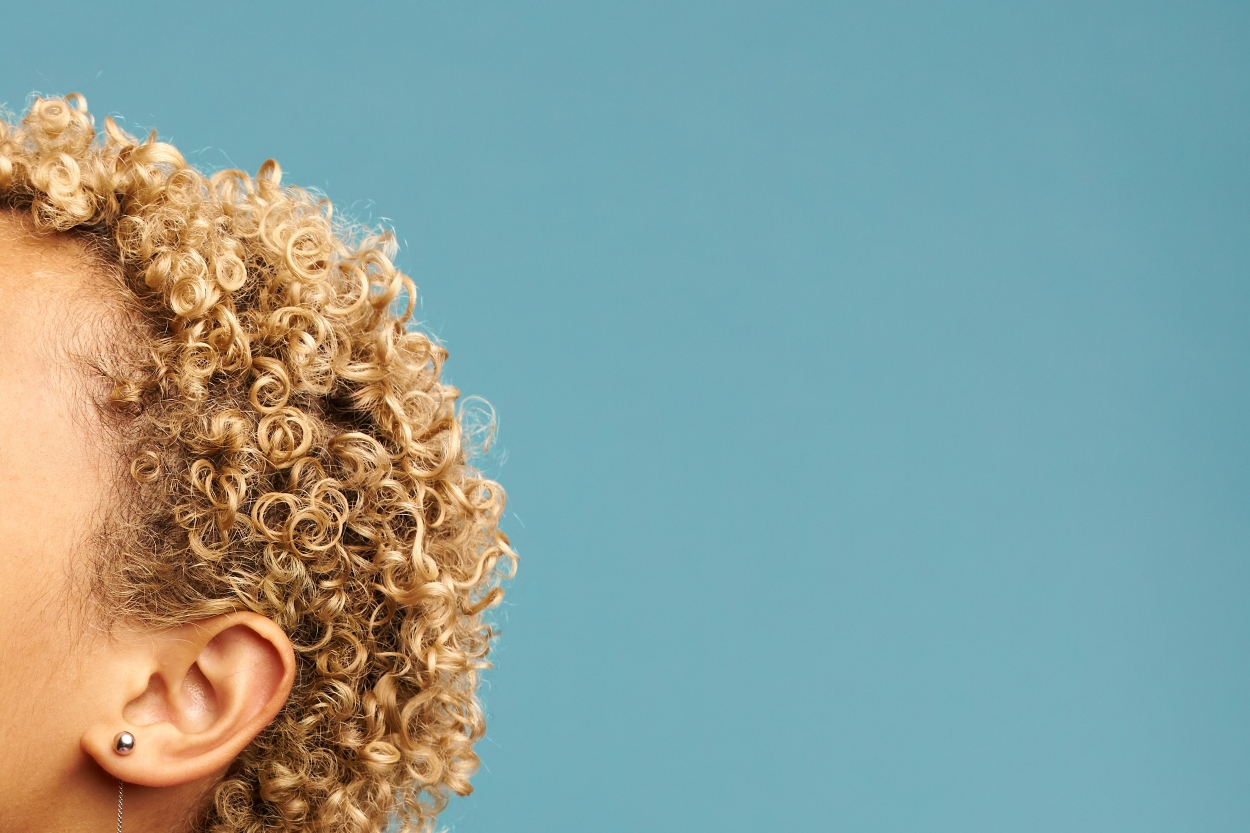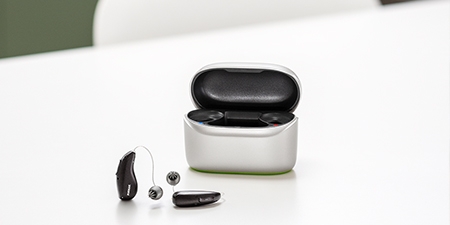Cleaning Your Ears
A clogged ear doesn’t always require a trip to a hearing clinic. Learn how to manage earwax safely at home.
Cleaning Your Ears Safely
Standard steps for cleaning your ears should focus on the external portion, or pinna, of the ear. Using soap and a washcloth, gently clean behind the earlobe to remove dirt and oil, and do the same for the outermost portion of the earlobe. Use a towel to dry the outer ear thoroughly. Healthcare and hearing professionals advise against using anything such as cotton swabs or your finger to clean inside the ear canal.



Clogged Ears and Earwax Buildup
Earwax is your body's natural defender, trapping dirt and dead skin and stopping them from getting deeper into your ear. Too much of a good thing results in clogged ears, but cleaning your ears too frequently and deeply can also be problematic. Understand how to properly clean your ears and how often is the answer to better ear health.
Common Causes for excessive earwax:
- Frequent use of earbuds
- Swimming and other water activities
- Improper cleaning of hearing aids
- Unique ears structure (hereditary)
Other causes of clogged ears
Are your ears clogged because of earwax, or is there another contributing factor? Other common reasons for clogs include:
Water in your ears
Changes in altitude
Sinus infections
Ear infections
Symptoms of Clogged Ears
We strongly encourage individuals experiencing ear problems to seek our professional help. While removing a blockage on your own is tempting, improper cleaning techniques can potentially cause further harm to your ears, such as pushing the wax deeper into the canal or perforating the eardrum. We offer safe, effective solutions for earwax buildup, ensuring your ear health is managed correctly.
Contact our hearing experts if you're experiencing:
- A sensation of fullness in the ears
- Difficulty hearing anything other than loud noises
- Itching or earache
- Tinnitus or ringing in the ear
- Drainage from the ear
Ear Clogs and What to Do
If you’re wondering how to unclog ears in more severe cases, you can try softening the impacted wax to loosen it. Using a dropper, add some warm water or a saline solution to the affected side, keeping your ear facing up to allow the liquid to sit in the ear. After a few minutes, let the solution drain out of the ear while moving your jaw. Dab the outside of the ear with a clean cloth.
Expert Support
Sometimes, a blockage can indicate other hearing issues. Turning to professionals ensures you remain safe while restoring sound clarity. Our hearing experts at our clinics use the right tools and techniques to examine your ears and offer gentle solutions that protect your ear health. If you experience hearing loss, dizziness, ringing, or discharge, it’s time for professional audio care for the best advice and hearing health care services.
Our hearing experts provide safe, effective solutions for earwax buildup, ensuring your ear health is managed correctly.
Cleaning Clogged Ears
Safely remove excessive earwax buildup by our qualified hearing experts.
Hearing Testing and Ear Exams
Get a complete and comprehensive hearing exam and consultation.
Tinnitus Treatment
Speak with our attentive hearing experts on solutions and treatment for tinnitus.




